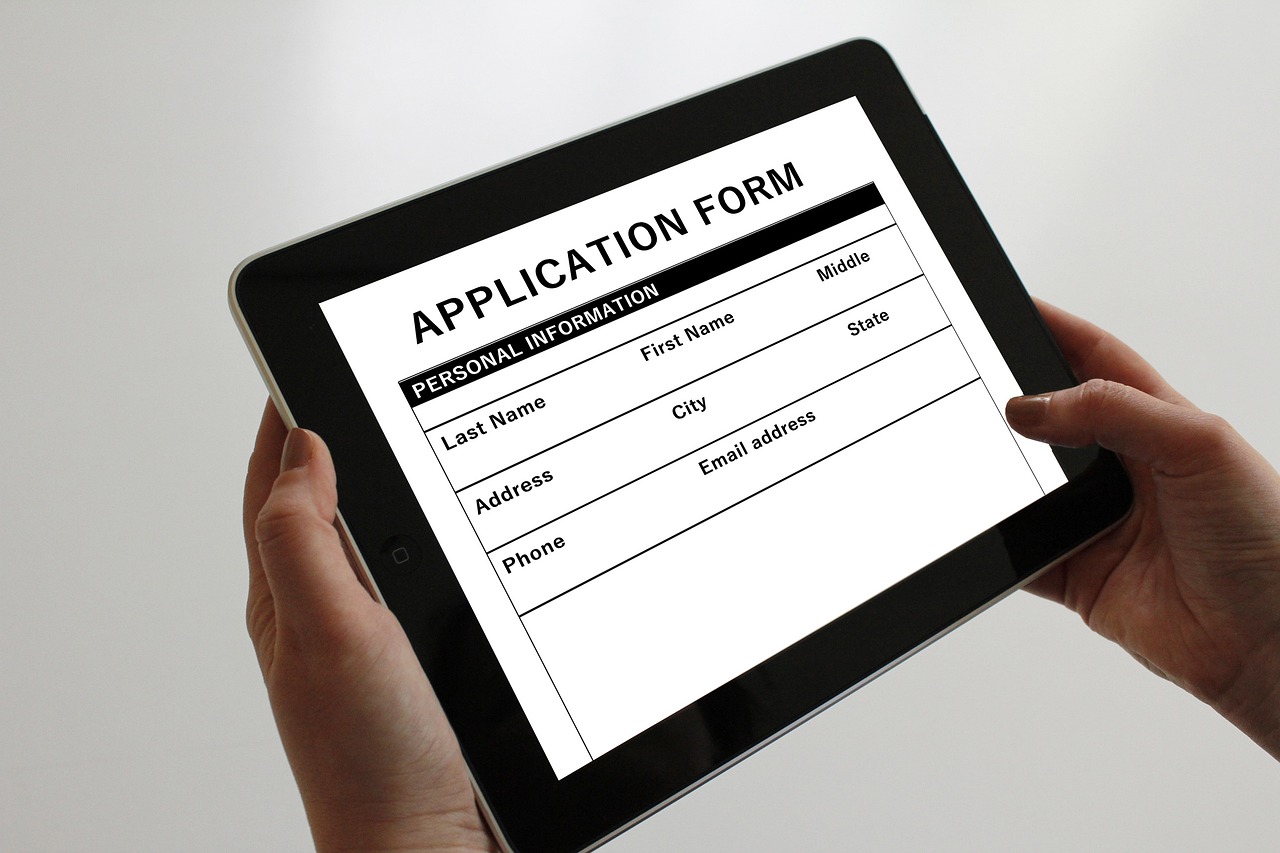How AI is Changing Healthcare Diagnostics
Artificial Intelligence (AI) has emerged as a groundbreaking technology in the healthcare industry, revolutionizing the way medical services are provided. By integrating AI systems into various aspects of healthcare, such as diagnostics, treatment planning, and personalized medicine, healthcare providers are able to offer more precise and efficient care to patients. The use of AI in healthcare has the potential to significantly enhance patient outcomes by allowing for early detection of diseases and more effective treatment strategies.
Furthermore, AI applications in healthcare have the capability to streamline administrative processes, improve operational efficiency, and reduce healthcare costs. With AI-powered tools for data analysis and predictive modeling, healthcare organizations can make data-driven decisions that optimize resource allocation and enhance overall patient care. As the healthcare landscape continues to evolve, the integration of AI technologies is expected to play a pivotal role in shaping the future of healthcare delivery and improving patient outcomes.
Benefits of AI in Diagnostic Imaging
AI has rapidly transformed the landscape of diagnostic imaging within the healthcare industry. One of the key advantages of AI in this field is its ability to analyze vast amounts of data with incredible speed and accuracy. By processing images and detecting abnormalities efficiently, AI helps radiologists in making more precise diagnoses.
Moreover, the integration of AI in diagnostic imaging has significantly reduced the time taken to interpret scans and has enhanced workflow efficiency. With AI algorithms aiding in the detection of subtle patterns or anomalies in images, healthcare professionals can make faster and more informed decisions regarding patient care. This improved speed and accuracy ultimately lead to better patient outcomes and can contribute to a more effective healthcare system overall.
What is AI in healthcare industry and how is it being used in diagnostic imaging?
AI in healthcare industry refers to the use of artificial intelligence technologies in various aspects of healthcare, including diagnostic imaging. AI algorithms are being used to analyze medical images such as X-rays, MRIs, and CT scans to assist radiologists in making faster and more accurate diagnoses.
What are the benefits of AI in diagnostic imaging?
Some of the benefits of AI in diagnostic imaging include increased efficiency in image analysis, improved accuracy in diagnosis, reduction in human error, faster turnaround times for results, and enhanced patient care through early detection of diseases.
How does AI improve efficiency in diagnostic imaging?
AI algorithms can analyze medical images much faster than human radiologists, allowing for quicker turnaround times in the diagnosis process. This helps in reducing waiting times for patients and improving overall workflow in healthcare facilities.
Can AI help in detecting diseases at an early stage?
Yes, AI algorithms are trained to detect subtle signs of diseases in medical images that may be missed by human radiologists. This early detection can lead to timely interventions and improved treatment outcomes for patients.
Is AI replacing radiologists in diagnostic imaging?
AI is not replacing radiologists, but rather augmenting their capabilities. Radiologists can use AI as a tool to enhance their diagnostic accuracy and efficiency, leading to better patient care and outcomes.





